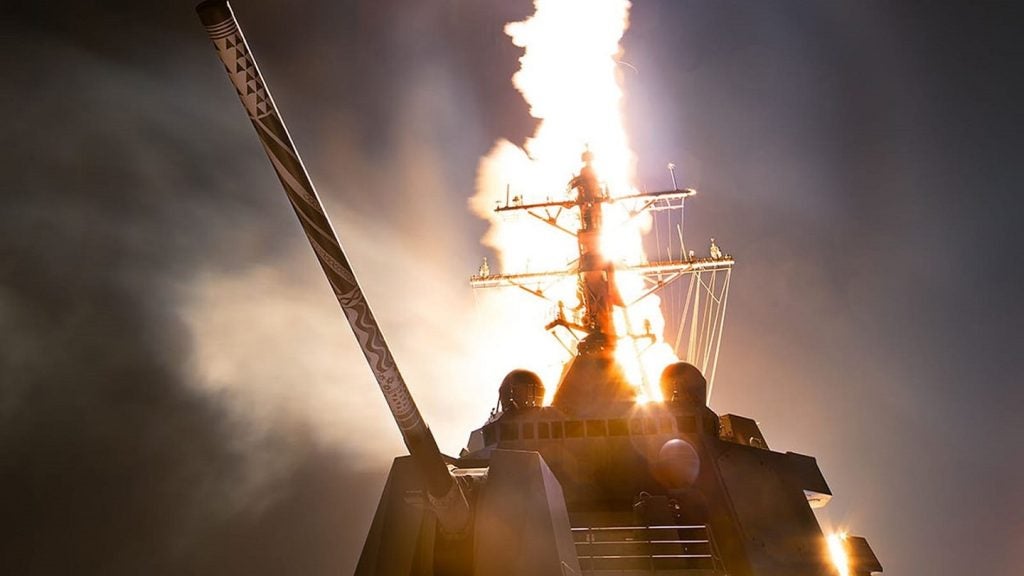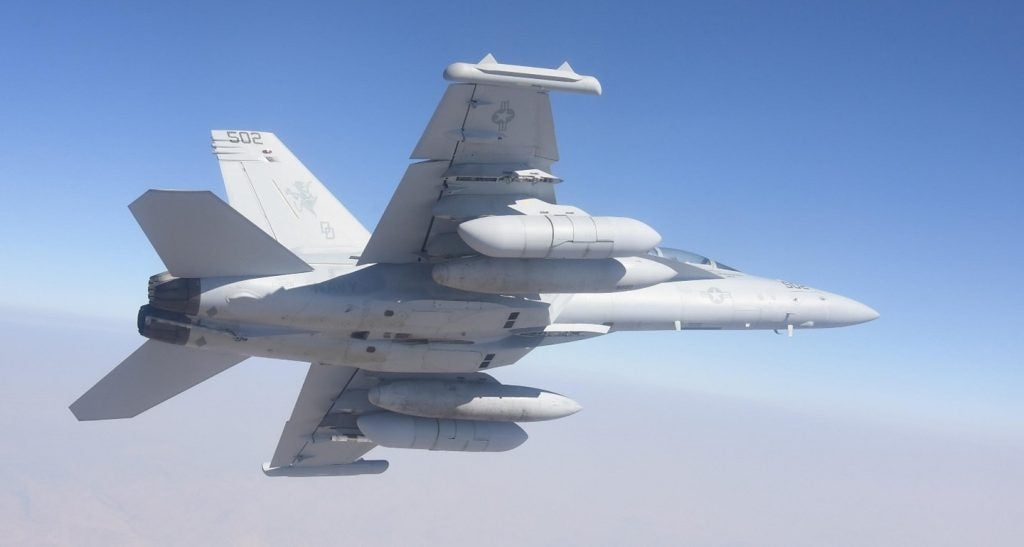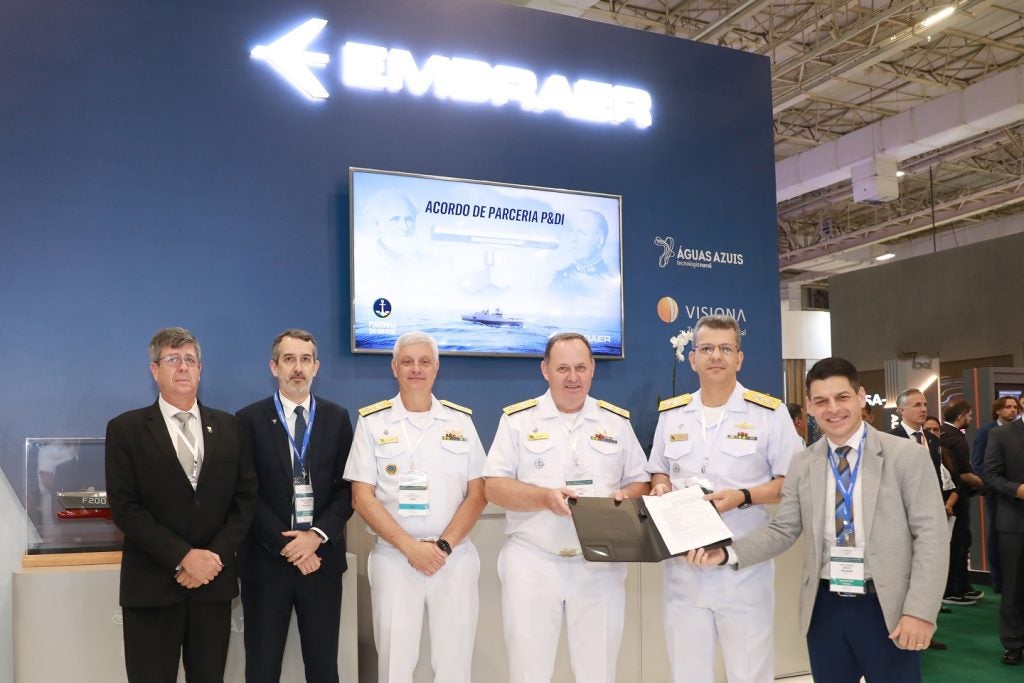Raytheon's SM-6 missile, operating under the RTX banner, showcased its capabilities by intercepting a medium-range ballistic missile target in a test conducted at sea.
The successful test, designated as Flight Test Aegis Weapon System (FTM)-32, highlights the strength of the SM-6, further bolstering its reputation as a defence system.
The test, conducted off the coast of Hawaii and involving the USS Preble (DDG 88), marked another event in the development of the SM-6 system. Utilising the Baseline 9.C2 variant of the Aegis Combat System, the SM-6 Dual II (Block IA) configuration, equipped with newly qualified software, demonstrated its ability to neutralise incoming threats, even in the final seconds of flight.
According to GlobalData's "The Global Missiles & Missile Defense Systems Market 2023-2033" report, RTX is projected to be the second largest shareholder in the region, with 22% of the North American missiles and missile defence systems market. The US is expected to spend $18.1bn on 4,022 SM-6 block 1 anti-air missiles from RTX between 2009 and 2033.
President of Raytheon Naval Power, Kim Ernzen, emphasised the test's significance: "This test demonstrated that the latest versions of the SM-6 and combat system provide the critical capability to destroy an incoming sophisticated missile threat."
The successful interception marks the seventh flight test of the SM-6 against ballistic missile targets and the fourth test utilising the Dual II (Block IA) configuration. With its track record in anti-air warfare, anti-surface warfare, and sea-based terminal ballistic missile defence, the SM-6 continues to enhance surface forces' offensive and defensive capabilities.
Deployed on US Navy ships, the SM-6 offers a solution to increasing naval fleets' offensive capabilities, providing a platform capable of addressing a range of threats. Moreover, the US Department of Defense's approval of SM-6 sales to allied nations suggests it is a trusted defence system with global implications.
In separate moves, Japan and South Korea finalised deals to acquire Standard Missile (SM)-6 Block-I missiles from Raytheon, an RTX subsidiary. Japan's $450m foreign military sale (FMS) in October 2022 saw the delivery of 32 SM-6 Block-I missiles.
Similarly, South Korea's $650m purchase of 38 SM-6 Block-I units a year later is an effort to counter North Korea's ballistic missile threat. The acquisitions align with broader geopolitical strategies, with the United States supporting both nations' efforts to fortify their roles in the Indo-Pacific region.
As geopolitical tensions continue to evolve, the successful test of the SM-6 missile reaffirms the importance of investing in defence technologies to safeguard maritime interests and maintain strategic superiority in a complex security landscape.











